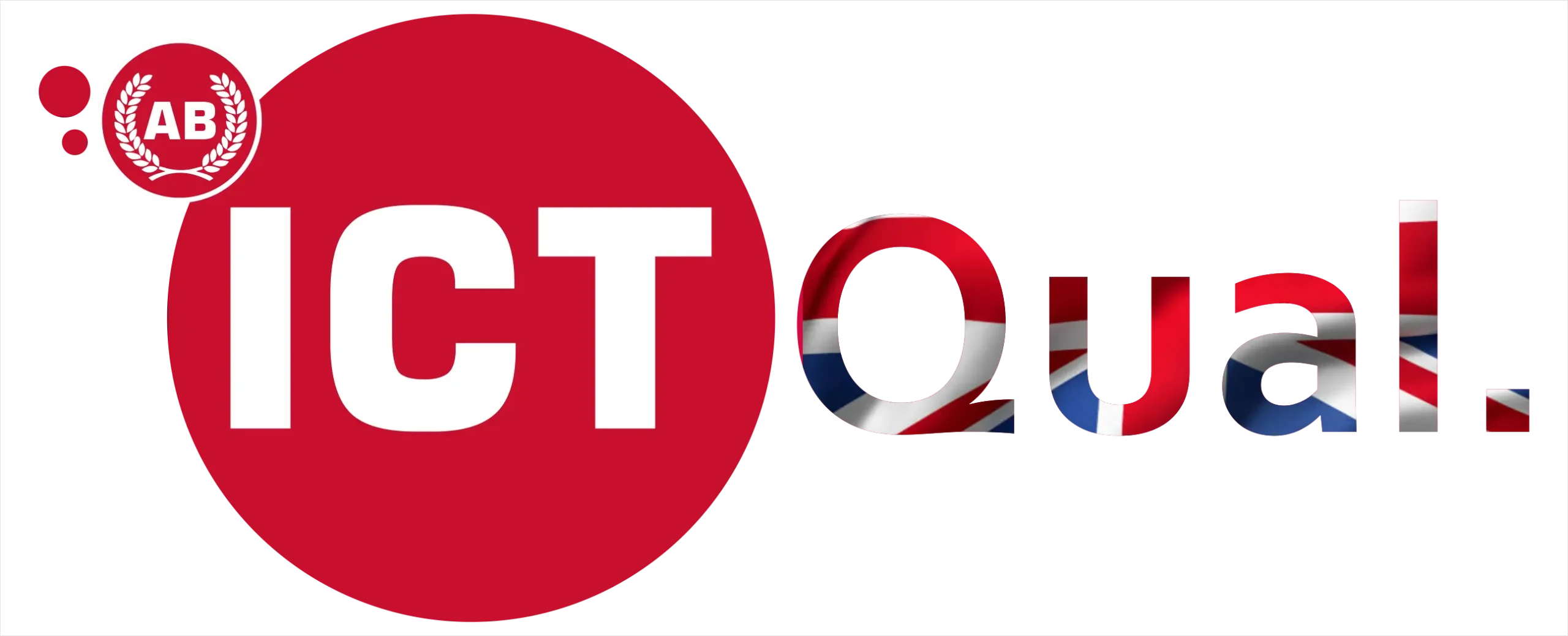ICTQual Certificate in Certified Robotic Arc Welding (CRAW)
In the realm of industrial automation, robotic arc welding stands out as a pivotal advancement reshaping manufacturing processes worldwide. The integration of robotics not only enhances efficiency but also ensures precision and consistency in welding applications. Recognizing the importance of equipping professionals with specialized skills in this field, ICTQual has introduced the Certificate in Certified Robotic Arc Welding (CRAW), aimed at meeting the demands of modern industrial standards.
Robotic arc welding represents a significant evolution from traditional welding methods. It combines robotics with advanced welding techniques, leveraging automated systems to perform intricate welds with unparalleled accuracy. This technological leap minimizes human error, reduces production time, and enhances overall weld quality, thereby transforming manufacturing operations across various sectors.
The ICTQual Certificate in Certified Robotic Arc Welding (CRAW) represents a cornerstone in the journey toward mastering advanced welding technologies. As industries continue to embrace automation, the demand for skilled professionals proficient in robotic arc welding is set to rise. By obtaining this certification, individuals not only position themselves at the forefront of technological innovation but also contribute to the evolution of modern manufacturing practices.
Whether you’re a seasoned welding professional looking to upgrade your skills or a newcomer eager to enter the field, the ICTQual CRAW certification offers a structured pathway toward achieving excellence in robotic arc welding. Embrace the future of manufacturing with ICTQual and pave the way for a successful career in industrial automation.
Certificate in Certified Robotic Arc Welding (CRAW)
Entry requirements for an ICTQual Certificate in Certified Robotic Arc Welding (CRAW) may vary depending on the institution offering the program. However, typical entry requirements for such a course may include:
Learning Outcomes for the Study Units:
Introduction to Robotics and Automation
- Understanding Robotic Systems: Gain knowledge of basic robotic components, types of robots used in welding applications, and their roles in industrial automation.
- Applications in Manufacturing: Explore how robotics and automation improve efficiency, precision, and safety in manufacturing processes.
Fundamentals of Robotic Arc Welding
- Welding Techniques: Master fundamental arc welding techniques such as gas metal arc welding (GMAW) and gas tungsten arc welding (GTAW) as applied in robotic settings.
- Robotic Welding Motion: Understand principles of robotic welding motion planning, trajectory generation, and path optimization.
Robot Programming and Operation
- Programming Skills: Acquire proficiency in programming robotic welding systems using industry-standard software platforms.
- Operational Competence: Demonstrate the ability to operate robotic welding equipment safely, efficiently, and by established protocols.
Welding Process Optimization
- Parameter Optimization: Learn techniques to optimize welding parameters (e.g., voltage, current, travel speed) to achieve desired weld quality and productivity.
- Troubleshooting: Identify common issues in robotic arc welding processes and apply troubleshooting strategies to resolve them effectively.
Integration of Robotic Systems
- System Integration: Understand the process of integrating robotic welding systems into existing manufacturing setups, ensuring compatibility and operational efficiency.
- Collaborative Automation: Explore how robotic systems interact with other automated machinery and human operators on the production floor.
Quality Control and Assurance
- Quality Standards: Implement quality control measures to uphold welding standards and ensure the integrity and durability of welded products.
- Compliance: Adhere to international welding standards and regulatory requirements governing robotic arc welding operations.
Safety Protocols and Risk Management
- Safety Procedures: Follow safety protocols specific to robotic welding environments to mitigate risks and ensure a safe working environment.
- Risk Assessment: Identify potential hazards associated with robotic welding operations and apply risk management strategies to minimize them.
Future Progression for ICTQual Certificate in Certified Robotic Arc Welding (CRAW):
- Advanced Certification Programs: Pursue advanced certifications or specialized training programs in specific robotic welding technologies or related fields such as industrial robotics, automation engineering, or quality management systems.
- Career Pathways: Progress into roles such as:
- Robotic Welding Technician: Responsible for programming, operating, and maintaining robotic welding systems.
- Automation Engineer: Design and implement robotic automation solutions within manufacturing environments.
- Quality Assurance Specialist: Ensure compliance with welding standards and oversee quality control processes in robotic welding operations.
- Further Education: Consider further education opportunities such as bachelor’s or master’s degrees in engineering disciplines relevant to automation, robotics, or mechanical engineering. These degrees can provide deeper theoretical knowledge and practical skills essential for leadership roles in the field.
- Industry Specialization: Specialize in specific industries that heavily utilize robotic arc welding technologies, such as automotive manufacturing, aerospace, shipbuilding, or structural fabrication. Each industry may have unique requirements and opportunities for skilled professionals.
- Research and Development: Contribute to research and development initiatives focused on advancing robotic welding technologies, exploring new materials, improving process efficiency, or enhancing automation integration in manufacturing.
- Entrepreneurship: Explore opportunities to start a consulting firm or service provider specializing in robotic welding solutions, offering expertise in system integration, training, and maintenance services to industrial clients.
The ICTQual CRAW certification opens doors to diverse career pathways and opportunities for professional growth in the rapidly evolving field of robotic arc welding. By leveraging advanced skills in robotics, automation, and welding technologies, certified individuals can play a crucial role in driving innovation, improving manufacturing efficiencies, and meeting industry demands for precision and quality.
